
Data Analytics & Artificial Intelligence Bootcamp
On-campus / Online classes live
March 2026
30 Credits
- No son necesarios conocimientos previos
- We prepare you for certification
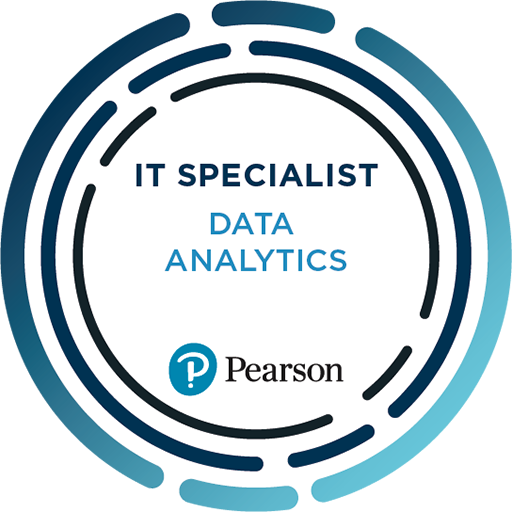
Prework
Presentation of the curriculum, work tools, and how the programme and group operate.
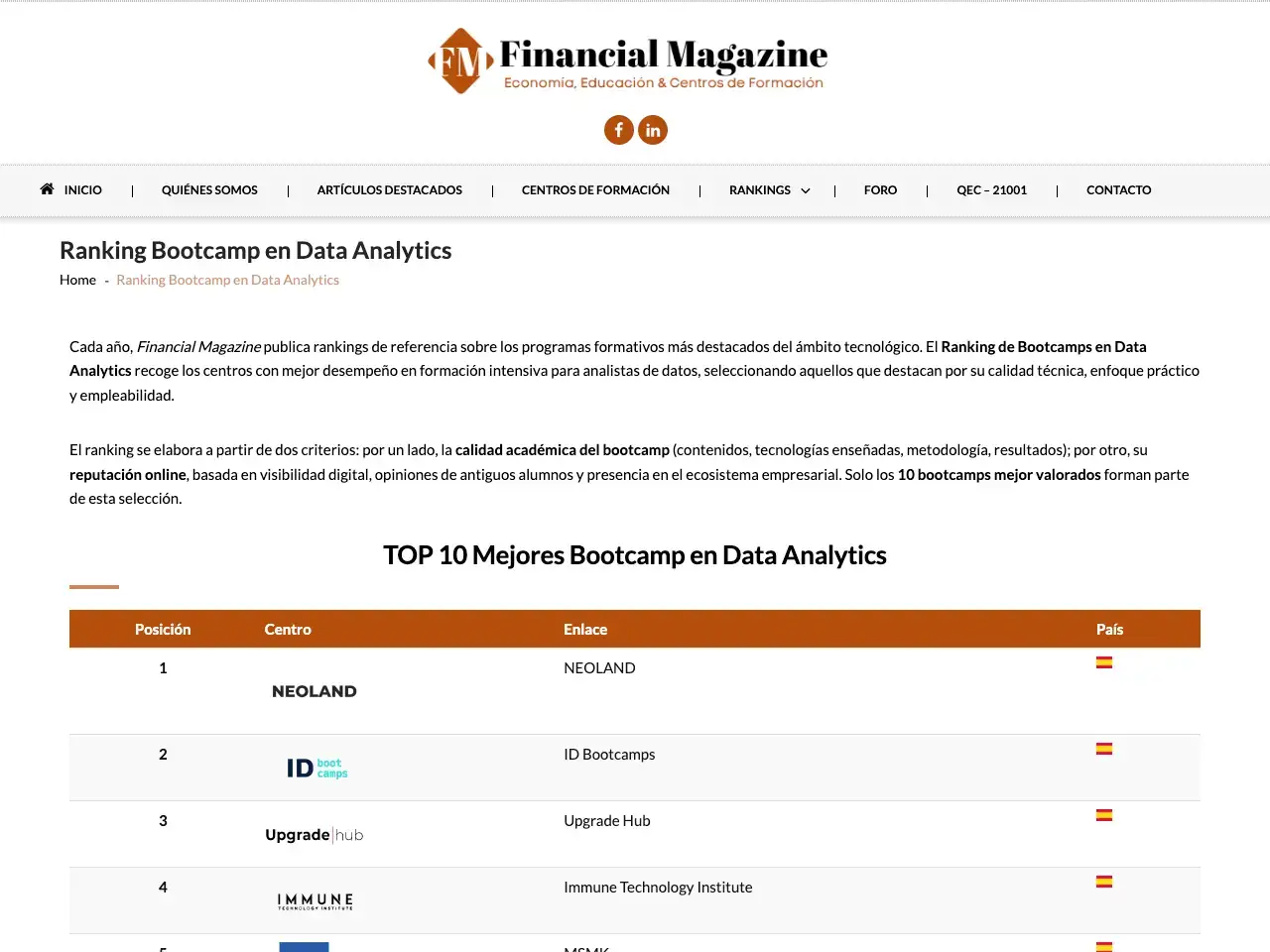
4º puesto en la Financial Magazine Mejores Bootcamps en Data Analytics
Free access to complementary training:
- Generative AI Course: Prompt Engineering and Productivity
- Introductory programming course: Python
¿Por qué estudiar Bootcamp Data Analytics & IA?
With the Data Analytics & AI bootcamp you will acquire in 24 weeks the necessary knowledge to dedicate yourself professionally to data analysis, and develop as a data scientist. You will learn Data Analytics from scratch.
With a practical and immersive methodology, you will use programming languages, such as Python, UNIX terminals and other tools for data visualisation. You will learn how to use Supervised and Unsupervised Machine Learning algorithms for decision making, and how to use artificial intelligence to analyse data, automate tasks and simplify workflows.
Program aims
- Python. You will master the language.
- Structural programmes that allow data to be visualised.
- Using the power of data for business-focused decision making.
- Utilizar algoritmos de machine learning, supervisado y no supervisado – para la toma de decisiones
- Use artificial intelligence to analyse data, automate tasks and simplify workflows.
Career opportunities
- Data Analyst
- Data Journalist
- Marketing Data Analytics
- Psychological Research Analyst.
Career Readiness
The comprehensive training we deliver to our students thoroughly prepares them for the employment market. Through a personalized syllabus, we help them develop professional skills, establish relationships with companies and sail through recruitment processes.
An alternative training
In all our content, we include a percentage of Human Sciences to connect technology with soft skills.
Learning By Doing Methodology
It focuses on the practical application of knowledge and skills to foster meaningful and lasting learning.
Certification training
Con este programa adquirirás las competencias necesarias para trabajar en un entorno profesional. Para que puedas demostrarlo, IMMUNE te prepara para certificarte en IT Specialist y Microsoft.


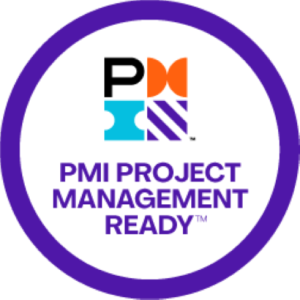
Study plan
Learn Data Analytics from scratch. You will understand the logic of the Python programming language, handle UNIX terminals and the most popular tools for data visualisation. At the end of the programme you will have the most widespread skills and techniques used in the digital data analytics work environment.
Data Engineering Fundamentals
Programming Fundamentals
This module focuses on introducing the fundamentals of programming using Python, a widely used and versatile language that is ideal for beginners and professionals alike. Python is used in web applications, data analysis, artificial intelligence, task automation and much more. Its simple and readable syntax makes it easy to learn and develop, providing a solid foundation for the rest of the bootcamp.
- Introduction and Basic Python Features
- Data Types, Variables and Text Manipulation
- Python Data Structures
- Random Data Generation
- Flow Control Structures
- Python functions
- Manipulation of Dates and Times
- Lambda Functions
- Regular Expressions
- Working with JSON Data
Databases
This module provides a comprehensive introduction to the world of databases, covering everything from basic modelling principles to practical implementation using SQL. Through this course, students will learn how to define, manipulate and manage data within structured database systems, using SQL as the primary tool. The goal is to equip students with the skills necessary to design efficient databases and perform complex queries to support business decisions.
- General Concepts and Database Modelling
- SQL and NoSQL databases
- Introduction to the SQL Standard: Data Definition Language (DDL) and Data Manipulation Language (DML)
- Advanced SQL Standard: Subqueries and Common Table Expressions (CTEs)
- Scripting in SQL
- PostgreSQL
- MongoDB
Data Transformation and Modelling
This module focuses on data transformation and data modelling, essential techniques for turning raw data into valuable information in business contexts. Through methodologies such as ETL, ELT, and EL, and using modelling standards such as dimensional modelling and Data Vault, students will learn how to create sophisticated data products. In addition, the course will address the use of modern tools for the orchestration of data flows and the creation of applications and APIs that enable the effective exploitation of transformed data.
- 1. Data Transformation
- Modelling Techniques
- ETL/ELT/EL
- Data Flow Orchestrators
- Data Exploitation
- Creating APIs
- Data Applications
Data Analyst
Visualisation Principles and Techniques
The module is designed to provide students with an in-depth understanding of how to transform complex data into clear, effective and actionable visualisations. This course addresses both the fundamental principles of data visualisation and the advanced techniques needed to create charts and dashboards that support data-driven decision making.
- Introduction to Data Visualisation
- Types of Graphics and Their Applications
- Designing Effective Visualisations
- Visualisation Tools
- Interactive Visualisation and Dashboards
- Advanced Visualisation
- Case Studies and Applied Projects
Advanced Data Visualisation
Advanced data visualisation is essential for turning complex information into clear insights that support strategic decision making in a business environment. In this module, the focus is on using business intelligence tools such as Power BI and Tableau to generate interactive reports and dashboards that present valuable information to decision makers.
- Concept and Relevance of Storytelling in the World of Data
- Key Elements of a Good Data Narrative
- Tools for Effective Dashboard Implementation: Power BI
- Python Integration for Preprocessing and Visualisation
Data Science & AI Fundamentals
AI Fundamentals: Machine Learning
This module sets the starting point for the world of Machine Learning, introducing you to the key concepts and essential techniques of the field. Through hands-on and applied learning, you will discover how models can unravel hidden patterns in data. The goal is to prepare you to handle more sophisticated challenges and dive into more advanced techniques in later modules.
- Introduction to Machine Learning (ML)
- Life Cycle of an ML Project
- Fundamental concepts of ML
- Supervised Learning: Regression
- Supervised Learning: Classification
- Supervised Learning: Decision Tree and Random Forest
- Unsupervised Learning: Clustering
- Dimensionality Reduction
Certification
An asynchronous module in which time will be provided to prepare for and take the certification exams included in the program. IMMUNE, in this case, acts as a facilitator in connecting the certifying entity and the student, easing the process but without having authority over the exam or the grades obtained by the students.
Capstone Project
- Team building.
- Choice of topic for final project.
- Assignment of tutors.
- Development of the project with an assigned tutor.
- Project delivery.
Capstone Project Presentation
Presentation of the final project before a panel of experts.
* El programa académico puede estar sujeto a cambios en función de la diferente variedad en la demanda de skills dominantes del mercado.
Tools
Learn how to use industry-leading tools
Professionals
What people say about us
Financing
Full payment
If you pay in one instalment you will receive a 15% discount.
6 cuotas sin intereses
Sequra
Pay in installments, even if you are unemployed and cannot guarantee the loan.
Quotanda
Pay in installments, even if you are unemployed and cannot guarantee the loan.
Fundae
Pay for your training through the Spanish Employment Training Foundation. Aimed at active workers who wish to finance their program through the subsidized training program.
ISA Bcas
Don't pay until you find a job in instalments adapted to your salary. Aimed at people with Spanish nationality or residence permit in Spain.
FAQs
What certification or qualification will I receive on completion of the course?
Once you complete and pass the programme you will receive a diploma issued by IMMUNE Technology Institute in a digital format verifiable through blockchain technology.
Can the course be delivered online?
Yes, the program is delivered online with live classes. As such, you will be in direct contact and under the supervision of the teachers, which will enable you to follow the classes and interact in a flexible and natural way.
Is this programme for me?
Do you want to level up?
Do you want to stay in your field or sector, but you want to continue learning and explore new challenges? It's time to give your professional profile a boost and align it with the latest trends in technology.
Are you finishing your degree, and you want an upgrade in technology?
We love your profile, because you dare to dream. And in the professional world, fortune favors the bold. If you are an entrepreneur or freelancer, this program will help take your professional projects to the next level.
Want to change your professional career?
If you want your career to take a new direction and enter the world of tech with a bang, the program will help you specialize and shape your professional profile.
Are you an entrepreneur or freelancer?
This program will put you in the spotlight, as technology is the engine of innovation and the key to staying competitive in a constantly evolving market.
Will the tools I need be included in the price of the program?
The tools used throughout the program are licensed for free use, in some cases because we use educational licenses and in others because it is free software.
Is there a careers and employment guidance service?
We have an employability area which, through our Talent Hub program, is responsible for supporting the efforts of our students to enter the employment market. The services we offer include resources to help you search for and prepare for interviews, English tests, resume and/or Linkedin profile guidance, interview and elevator pitch training, and access to our exclusive internship and employment pool.
What are the requirements for my computer?
You will need to have access to a laptop with a camera, microphone and minimum requirements of 8 GB of RAM and an i5 processor.
What is the Capstone Project?
The final project is where everything you have learned throughout the program is applied and consolidated. You will present the project to a panel of professionals from companies in the sector, which represents a unique opportunity for students to demonstrate their knowledge to potential employers and also to network.
Are there grants or scholarships available?
Yes, there are scholarships or study grants as well as financing options depending on students’ circumstances. Check out our scholarship and financing options.
Book my personalised academic and professional consultation
Mary García

Rafael Torralva

Sabrina Stenta

Admission test
This questionnaire will allow us to gain an in-depth understanding of your profile, ensuring that the programme aligns perfectly with your current knowledge and expectations, and guaranteeing that you get the most out of your time with us.
Why should you take the test?
- To assess your prior knowledge.
- To ensure that this course is the right fit for you.
- To offer you a personalized and unique learning experience.
How does it work?
The test is completely online, requires no prior preparation, and will take no more than 25 minutes.
Admissions Process
Our students are characterized by their passion for technology. Our admissions process focuses on who you are, how you think, what you have accomplished, and then sharing your goals.
Our aim is to get to know you better, see what makes you unique and ensure that the IMMUNE educational model adapts to your profile.
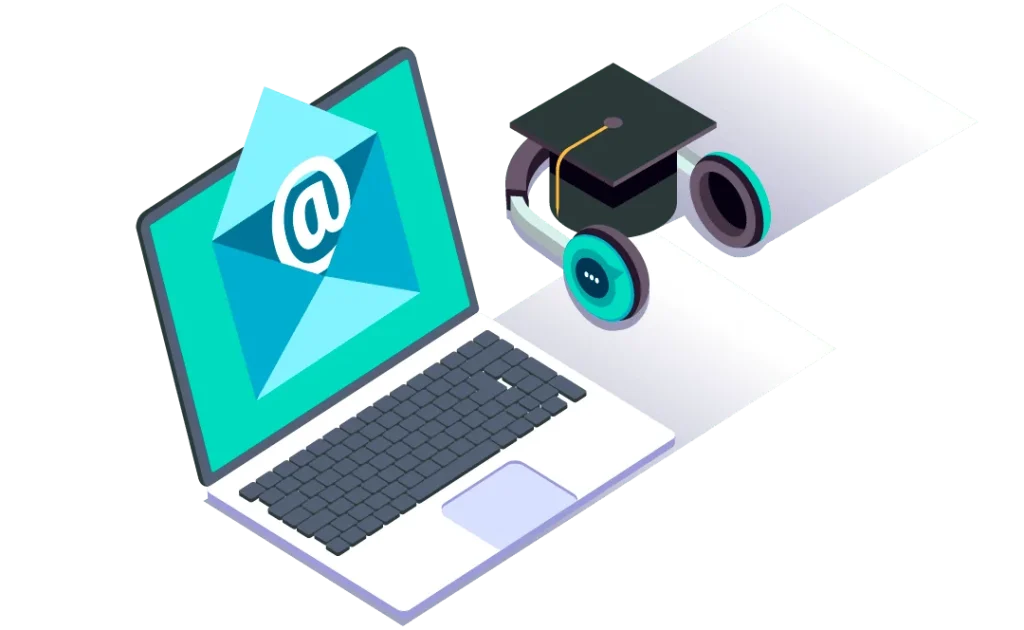
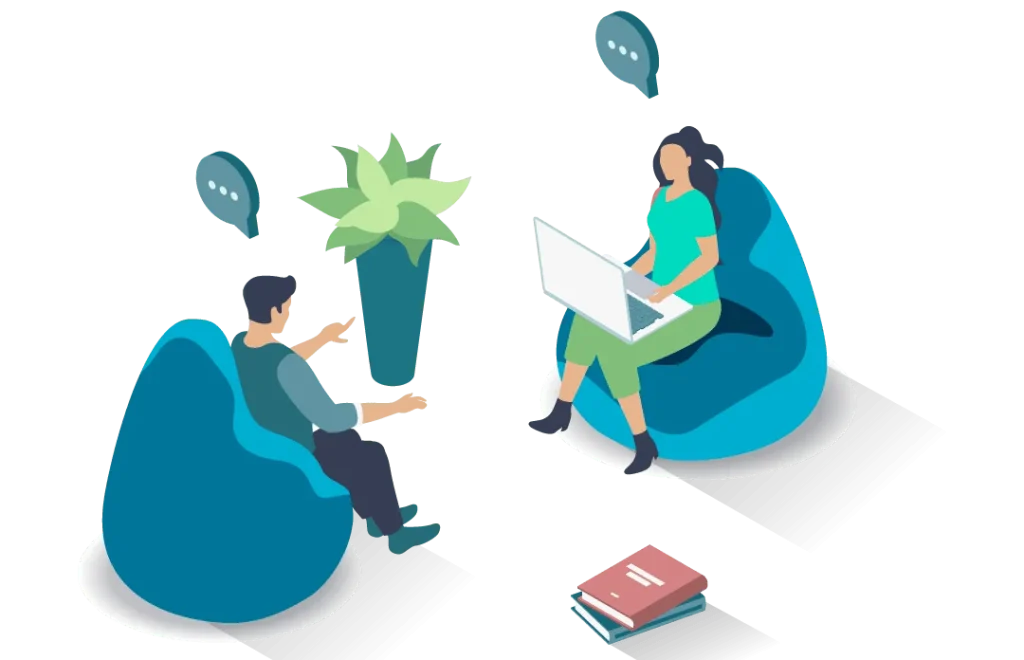

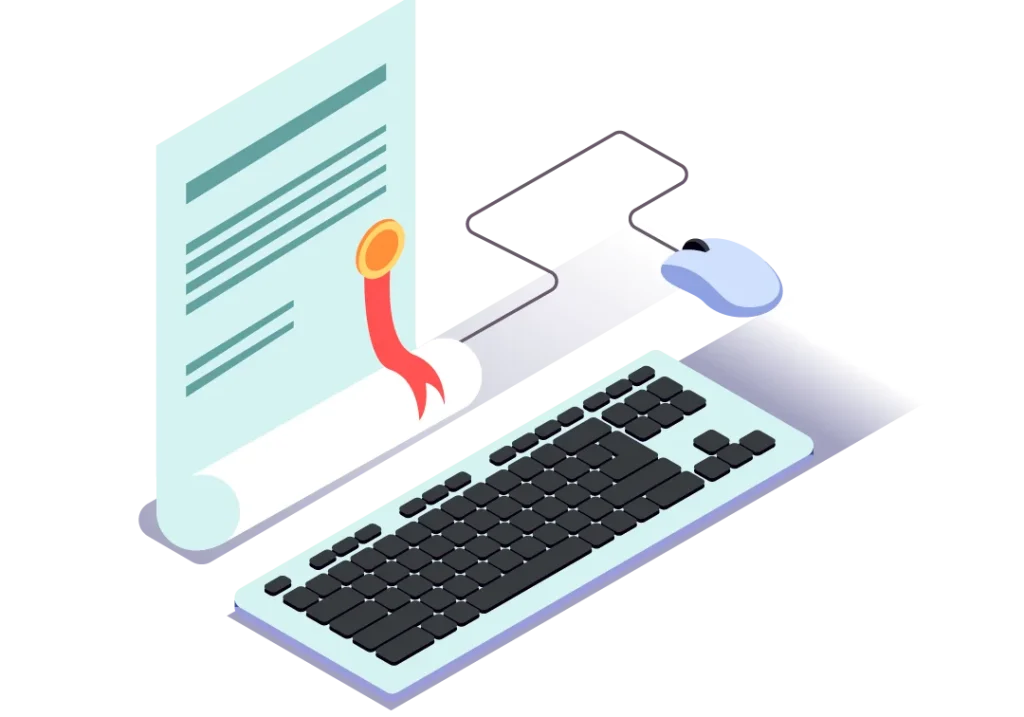
Visit our Campus in Madrid and discover everything about our programmes
- Personalised guidance Monday to Friday.
- Intake now open for March, September and October.
Designed to replicate an ecosystem of start-ups and tech companies, we’ve created a slice of Silicon Valley in the heart of Madrid.





